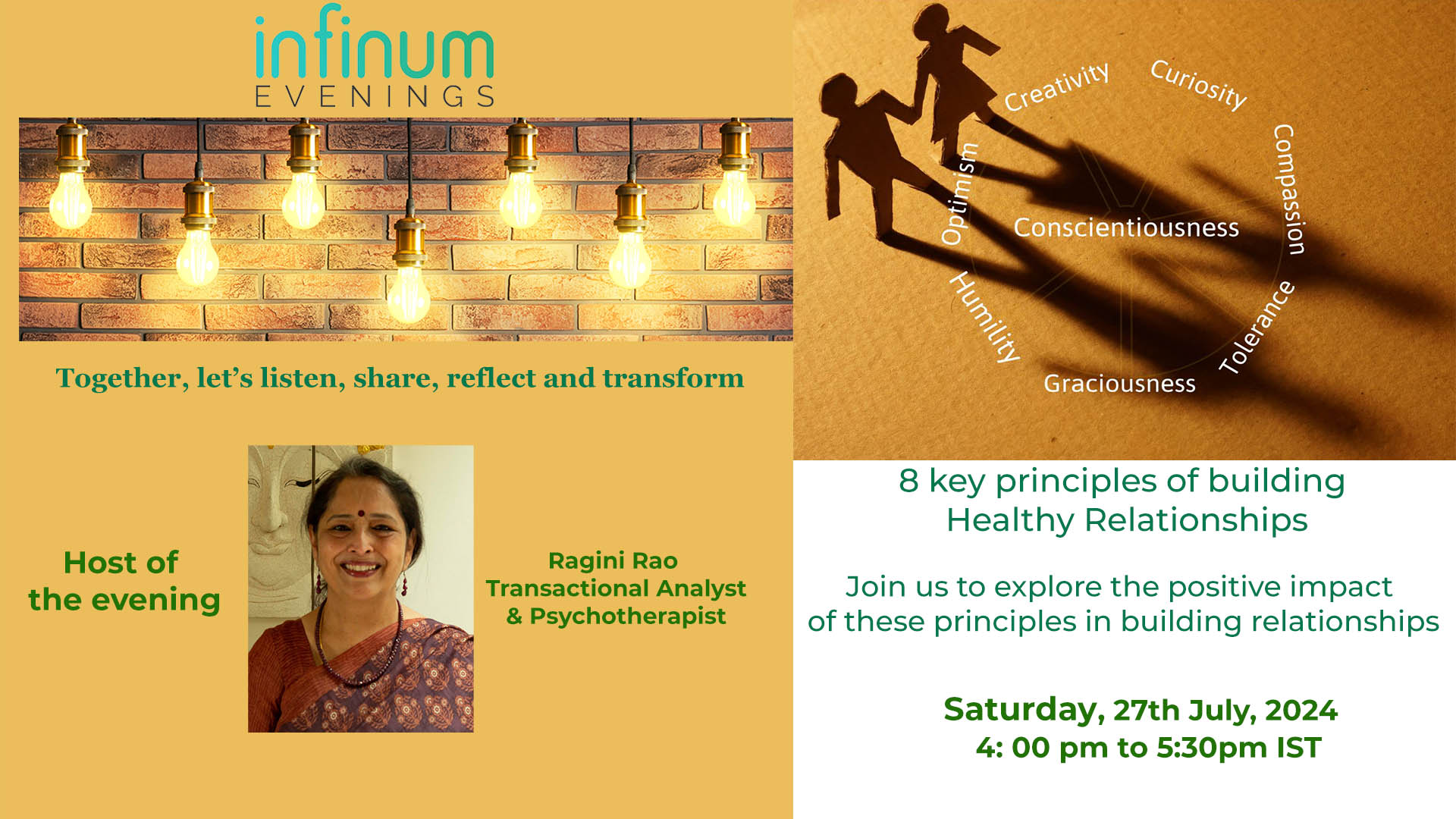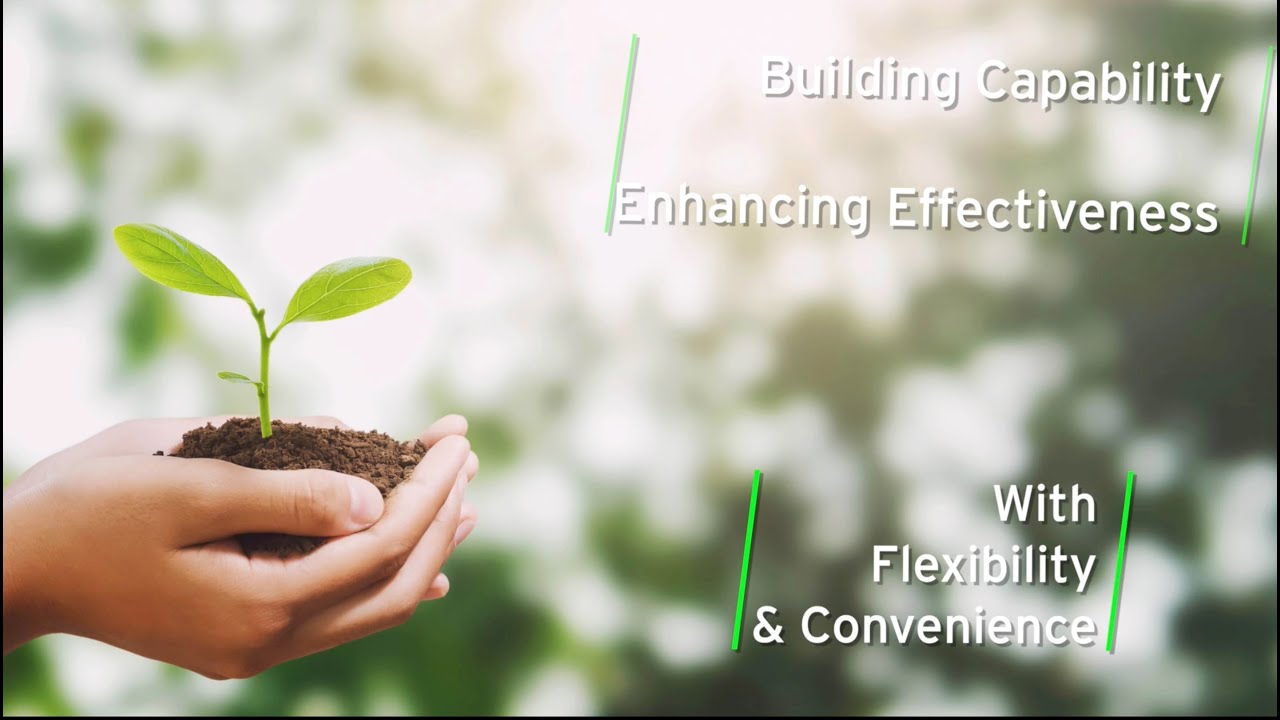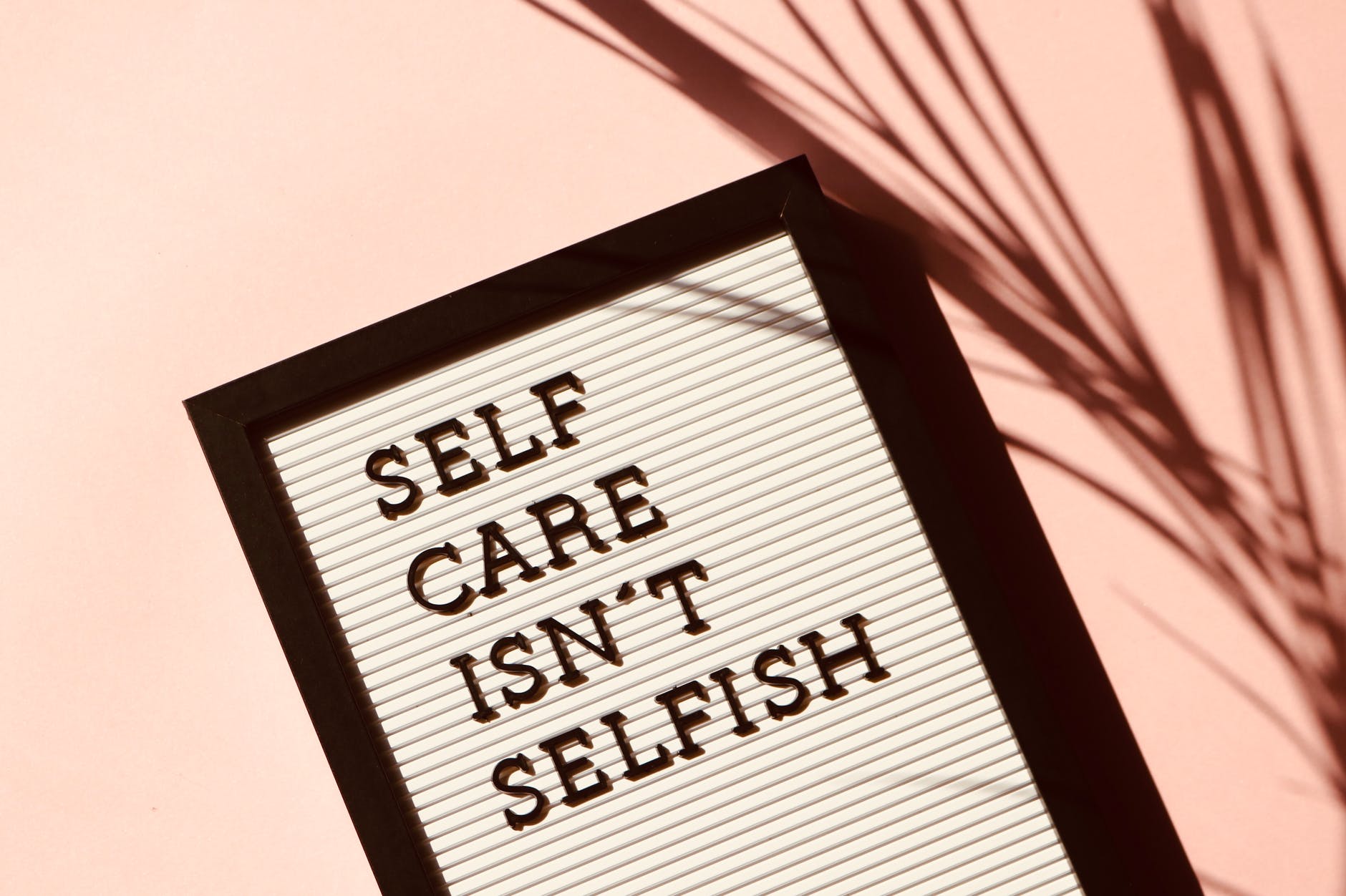“To be nobody but yourself in a world which is doing its best, night and day, to make you everybody else, means to fight the hardest battle which any human being can fight; and never stop fighting.” – E E. Cummings
The notion of transitioning from being a “somebody” to being a “nobody” seems counter-intuitive and totally undesirable, in a world that measures success by social wealth. And yet, there is another side that clearly values the pursuit of shedding the ego, personal glory, limelight and halo; in the belief that, it can lead to profound personal growth, deeper connections with others and a greater sense of inner peace and fulfillment.
One school of thought articulates their perspective regarding the purpose of life as “grow to become somebody, who then goes on to being a nobody”. At the stage of having immense wealth and “social accolades”, we discover that true fulfillment can only arise from within; through a deep sense of self-awareness and acceptance.
At the heart of this growth and transition is the concept of humility – a quality often undervalued in modern society. Humility does not imply weakness or self-deprecation; rather, it is a recognition of our own limitations, an acknowledgment of our interconnectedness with others, and a willingness to learn and grow from every experience.
As the philosopher and theologian Thomas Merton once said, “Humility is the surest sign of strength.”
So, let’s examine the states of being a “somebody” and being a “nobody”.
Being Somebody
Being “somebody” is identified through social recognition, wealth, fame or status. The persona is achievement oriented, driven, constantly on the move, aggressive and is well-aware of the impact on other people. “High achievers” are consumed by the need to reach goals, seeking validation and acceptance from other peoples’ approval. Their sense of self-worth is derived from external sources including their peers, their managerial leadership, stakeholders and society at large.
Being a Nobody
A quick anecdote that resonated with me that defines a real-life “nobody”. An old man goes for a walk everyday by the lake. Unfailingly, every day he takes a broom to sweep up all the leaves and filth that are strewn around the walkways. He carries candies in his pockets and distributes them generously with a word of cheer and hope to everyone who he meets. He cares not what the others walking the park think of him, his appearance, his work or otherwise. This man lives in a 3000 sq ft apartment in the vicinity, and says, “I live in “Prestige”, but I have none.” The perfect segue for our dive into being a “nobody”.
Being nobody requires us to be at peace with ourselves, letting go of attachments, of worldly possessions even, shun external labels and identities, while we build qualities of kindness, empathy, affection, compassion. Being a “nobody” also involves expressing authentic vulnerability and accepting the inherent dignity and worth of every being (human and other species), regardless of their social standing. This persona derives their self-worth from within and creates space for authentic, flourishing and lifetime connections not defined by ego and pretense.
Humility a key quality for being a nobody
“The more I know, the more I know that I don’t know”, said Dr. S Radhakrishnan the first President of India. Humility, the quality that best describes this state of being a “nobody”, helps us to tread the path of self-actualization, of discovering ourselves, our inner strengths and abilities, and shape our minds. Humility helps us adopt a growth mindset and strive for self-improvement. Rather than viewing setbacks as a reflection of our worth as individuals, a humble person recognizes them as opportunities for growth and development.
Transitioning towards being a nobody helps in understanding the deeper purpose of life, giving us a sense of fulfillment and appreciation for the simple joys of life. Gains and losses have less meaning, and there is a sense of gratitude for the present and for the beauty and fragility of life. The focus shift from self-interest to service and contribution through volunteering, advocacy and finding meaning in existence and life.
The journey from being a somebody to becoming a nobody; and from something to nothing, is not one of loss or deprivation, but rather of liberation and transformation.
In doing so, we discover a deeper sense of connection with others, a greater capacity for growth and resilience, and a profound sense of purpose and meaning in our lives. After all, it is in letting go that we truly find ourselves.
“The only way to deal with an unfree world is to become so absolutely free that your very existence is an act of rebellion.” – Albert Camus
Please do leave your comments at the bottom and do share with others if you like this article.
















